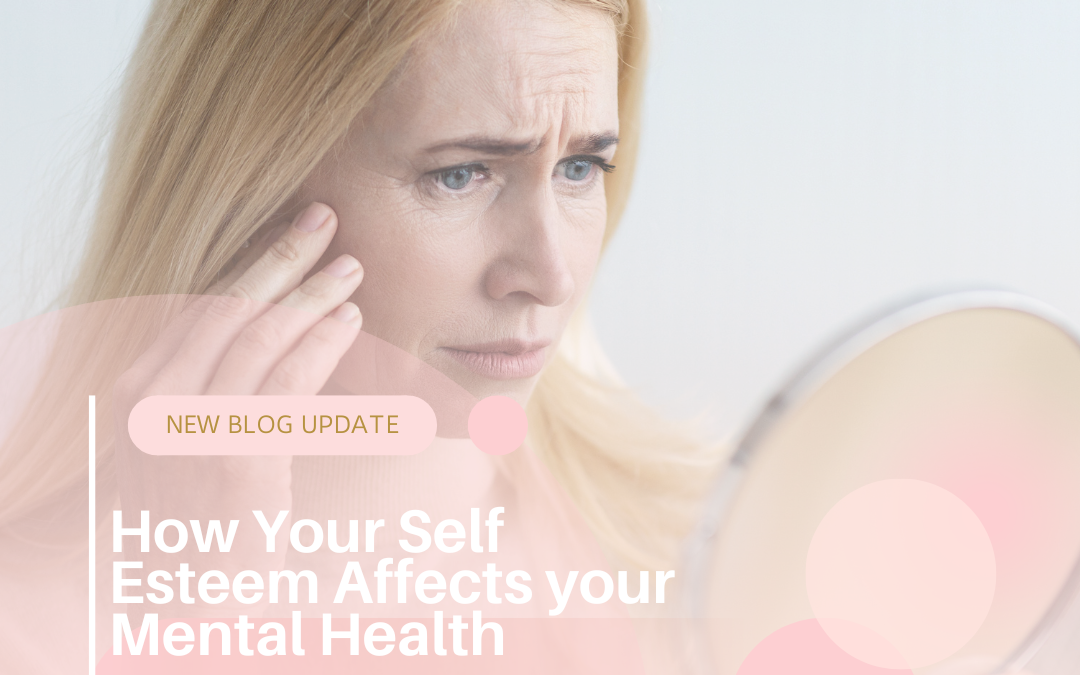Low self-esteem is a challenge faced by people of all ages. While it’s not classified as a mental health disorder, the way we view ourselves deeply impacts our mental health and overall well-being.
What is Self-Esteem?
Self-esteem reflects how we feel about ourselves. People with healthy self-esteem tend to think positively about themselves, believe they are deserving of respect, and set healthy boundaries. In contrast, those with low self-esteem often feel inadequate, constantly compare themselves to others, and may struggle to establish boundaries, making them vulnerable to being taken advantage of.
How Low Self-Esteem Impacts Mental Health
Low self-esteem can lead to several mental health challenges:
- Strained Relationships – When self-esteem is low, people may avoid social situations and isolate themselves, leading to loneliness and weakened relationships.
- Addiction – Research shows that low self-esteem, particularly in childhood, is linked to addiction later in life, as some individuals turn to substances to cope with negative self-perceptions.
- Depression and Anxiety – Living with a persistently low self-esteem can contribute to the development of depression and anxiety over time.
How to Build Self-Esteem
Improving self-esteem is crucial for mental health, but it can be challenging to achieve alone. Working with a therapist trained in building self-esteem can help you identify negative beliefs and replace them with a positive, realistic self-image.
If you or someone you know struggles with low self-esteem and is interested in exploring treatment, please reach out to me. Together, we can work towards a healthier sense of self.


Recent Comments